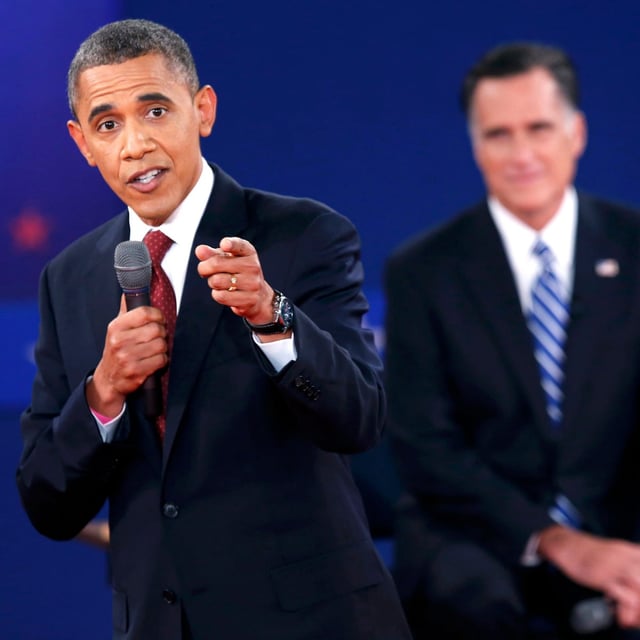Overview
- Researchers matched 900 U.S. participants in online debates against either human opponents or OpenAI's GPT-4, with topics ranging from school uniforms to fossil fuel bans.
- GPT-4 outperformed humans in 64% of debates when given minimal demographic information about its opponent, such as age, gender, and political affiliation.
- Without access to personalized data, GPT-4's persuasive abilities were comparable to human debaters, highlighting the impact of microtargeting on its success.
- The study underscores potential risks of AI-driven persuasion, including its use in disinformation campaigns and political microtargeting, which researchers warn could be difficult to monitor or counteract in real time.
- Structured debate formats and time constraints in the study limit its direct applicability to real-world scenarios, but the findings emphasize the need for stronger regulatory frameworks to address AI's growing influence.



